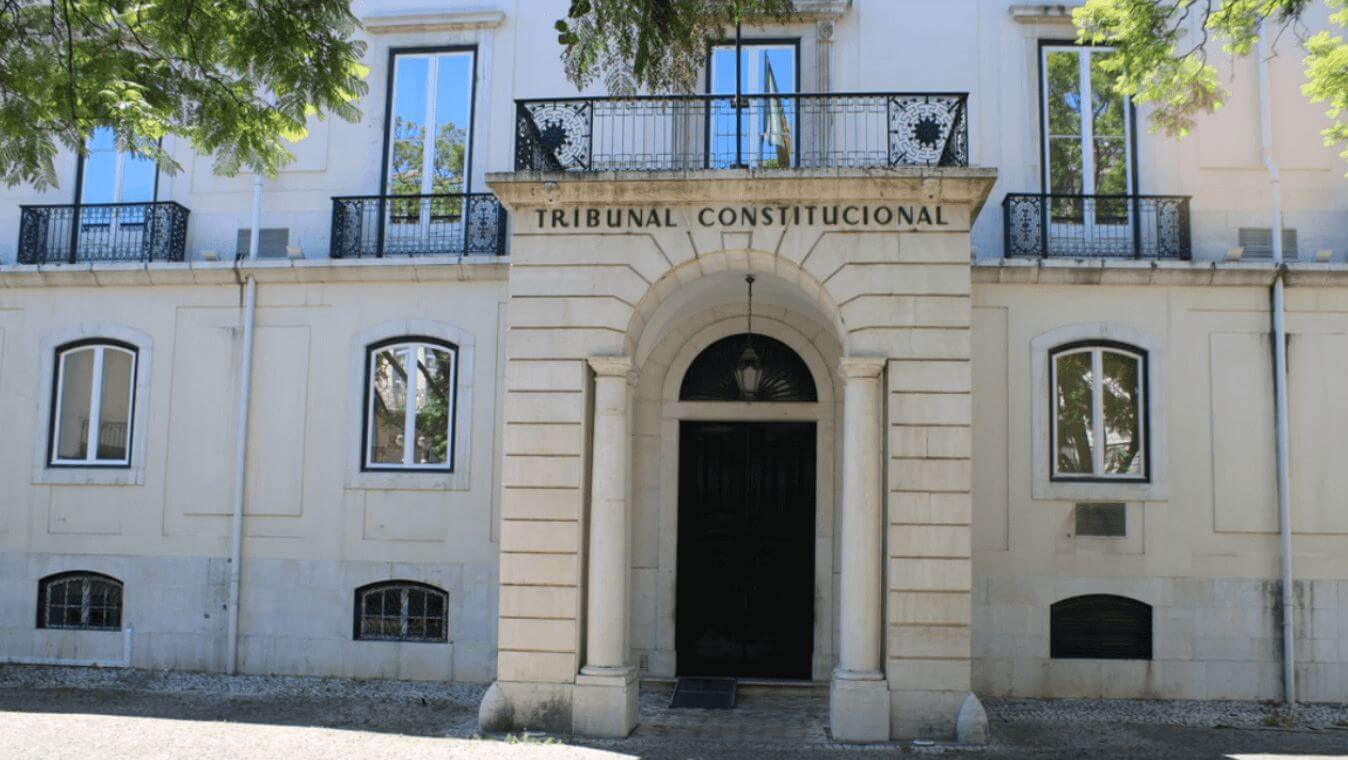In August 2025, the Portuguese Constitutional Court (Tribunal Constitucional) delivered a landmark decision (Acórdão n.º 785/2025) on the constitutionality of several amendments to the Foreigners Law (Law n.º 23/2007, of July 4), as introduced by Parliamentary Decree n.º 6/XVII. The amendments, which sought to reform the legal framework for entry, stay, exit, and removal of foreign nationals from Portuguese territory, were subject to preventive constitutional review at the request of the President of the Republic. The Court’s decision, rendered in plenary, not only scrutinized the substantive and procedural aspects of the legislative process but also sparked significant debate among the Justices, as reflected in extensive dissenting opinions.
This article provides an overview of the Court’s majority reasoning, the key points of unconstitutionality identified, and the main arguments advanced by the dissenting Justices.
The Legislative Context
The amendments under review aimed to tighten the requirements for family reunification, extend decision deadlines for residence applications, and introduce new procedural rules for judicial protection against administrative acts or omissions by the Agency for Integration, Migration and Asylum (AIMA, IP). The legislative process was expedited, with limited consultation of external entities, a fact noted but not deemed constitutionally decisive by the Court.
The Court’s Majority Decision
1. Family Reunification: Restrictive Changes Deemed Unconstitutional
The most significant changes concerned the right to family reunification for foreign residents. The new regime introduced a two-year waiting period before a resident could apply for reunification with adult family members, and limited immediate reunification to minor children only. The Court found these restrictions to be a disproportionate interference with the right to family life, as protected by Articles 36(1) and (6), 67(1), 68(1), and 69(1) of the Constitution. The majority held that such a rigid waiting period, without any possibility for case-by-case exceptions, failed to respect the principle of proportionality and the best interests of the child, and was inconsistent with both the Portuguese Constitution and relevant international standards, including the European Convention on Human Rights and the EU Family Reunification Directive.
2. Conditions for Exercising the Right to Reunification
The amendments also introduced new, vaguely defined requirements for family reunification, such as “normal accommodation for a comparable family in the same region” and “sufficient means of subsistence.” The Court found that, while these concepts were not per se unconstitutional, the delegation of their detailed definition to government regulations (portarias) was only permissible for technical or secondary aspects. However, the provision allowing the government to define additional “integration measures” for applicants and their families, using the term “namely” (designadamente), was found to violate the constitutional requirement that essential elements of rights and their restrictions be set by parliamentary law, not by executive regulation.
3. Decision Deadlines and the Elimination of Tacit Approval
The new law extended the deadline for administrative decisions on family reunification requests from three to nine months (prorogable to eighteen), and eliminated the previous rule of tacit approval in case of administrative silence. The Court held that, when combined with the two-year waiting period, this could result in a minimum waiting time of three and a half years for family reunification, which was deemed excessive and unconstitutional for the same reasons as above.
4. Judicial Protection: Restrictions on Urgent Proceedings
A new Article 87-B was added to the Foreigners Law, restricting the use of urgent judicial proceedings (intimação para proteção de direitos, liberdades e garantias) against AIMA to cases where the administrative act or omission causes “demonstrably grave, direct, and irreversible” harm to personal rights, and where no effective interim relief is available. The Court found this restriction to be an excessive limitation on the right to effective judicial protection (Article 20(1) and 268(4) of the Constitution), especially given the practical realities of administrative delays and the need for timely remedies in migration matters.
5. Summary of the Decision
The Court declared the following provisions unconstitutional:Article 98(1) and (3): Restrictive rules on family reunification.Article 101(3): Delegation of essential integration requirements to government regulation.Article 105(1) (in conjunction with Article 98(3)): Excessive cumulative waiting periods.Article 87-B(2): Excessive restriction on urgent judicial protection.Other provisions, including the general conditions for accommodation and means of subsistence, were upheld.
Dissenting Opinions
The decision was accompanied by several dissenting opinions, reflecting a deep division within the Court.
1. Deference to Legislative Discretion
Several dissenting Justices argued that the majority’s approach unduly restricted the legislature’s discretion in migration policy, especially in a context of significant social and economic pressures on public services. They emphasized that the right to family reunification, while fundamental, is not absolute and may be subject to reasonable conditions, including waiting periods, as recognized by both the European Court of Human Rights and the Court of Justice of the European Union. The dissenters noted that the two-year waiting period is expressly permitted by the EU Family Reunification Directive, provided that exceptions are possible in individual cases, a safeguard they argued was present in the Portuguese law through other provisions.
2. On the Role of Executive Regulation
Regarding the delegation of integration measures to government regulation, dissenting Justices contended that the use of the term “namely” (designadamente) should be interpreted restrictively, limiting the government to specifying only those measures already outlined in the law, and that any overreach could be addressed through judicial review of the regulations themselves.
3. Judicial Protection
On the issue of urgent judicial protection, the dissenters maintained that the new restrictions were justified by the extraordinary volume of litigation and administrative backlog, and that the right to effective judicial protection does not require the availability of urgent proceedings in all cases, as long as alternative remedies exist.
4. The Need for Proportionality and Contextual Sensitivity
The dissenting opinions repeatedly stressed the need for the Court to exercise restraint and to recognize the complex policy trade-offs involved in migration law, especially in times of crisis. They warned against transforming the Court into a “second legislature” and called for a more nuanced, context-sensitive approach to constitutional review.
Conclusion
The Constitutional Court’s decision on the 2025 amendments to the Foreigners Law marks a significant intervention in Portuguese migration policy, reaffirming the primacy of constitutional rights to family life and effective judicial protection, while also highlighting the limits of legislative discretion in this sensitive area. The robust dissenting opinions underscore the ongoing debate over the balance between individual rights and collective interests in the context of migration, and the proper role of constitutional courts in mediating that balance.
It is now up to the Parliament to correct the bill in light of the court’s decision.
This article is for informational purposes only and does not constitute legal advice. For further details or case-specific guidance, please contact our office.
The founding of Madeira Corporate Services dates back to 1996. MCS started as a corporate service provider in the Madeira International Business Center and rapidly became a leading management company… Read more




